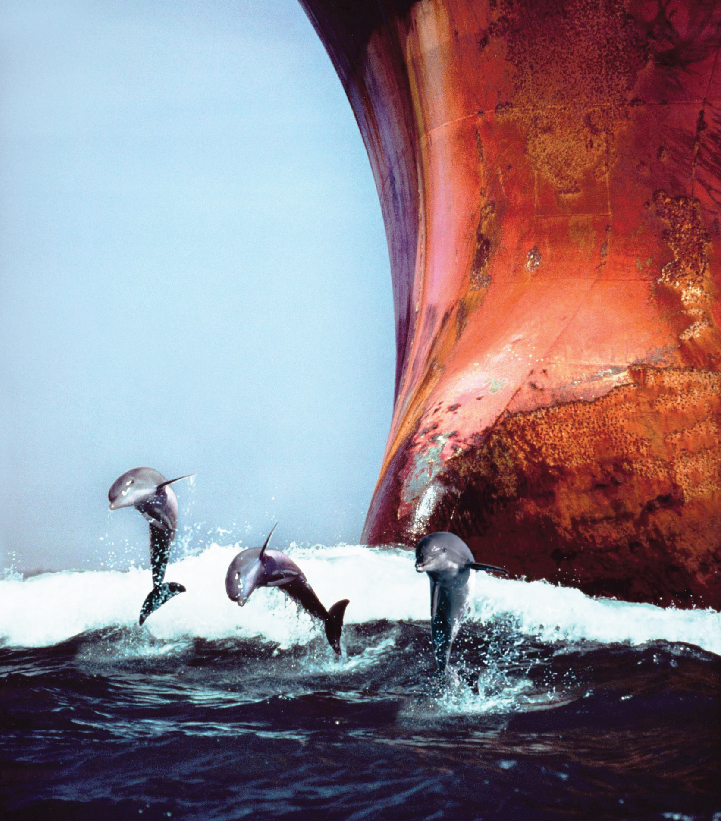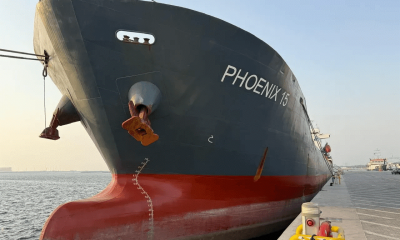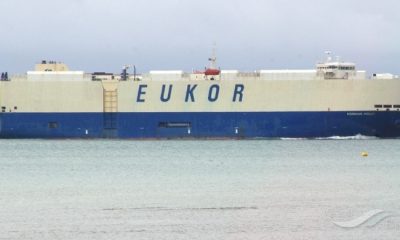
Founded in 1960, we are independent, global leaders in all aspects of marine and transport claims, providing advice and consultancy services to cargo and hull insurers, as well as cargo and ship owners.
Our teams operating from London and Singapore comprise professionals who possess the knowledge and skills needed to guide clients through the intricate landscape of marine and transport insurance claims.
Minimise Losses
Maximise Recoveries
We offer a global 24/7 claims handling service from the moment of notification and initial assessment of a claim to the ultimate settlement and recovery from the liable party. Our primary objective is to minimise our clients’ exposure to marine claims and to maximise their recoveries as one seamless service, thereby improving loss ratios.
OUR CORE WORK
IS IN THE FOLLOWING AREAS
Additional services include
Policy Coverage
Advice
Charter Party
Disputes
Arbitration / Litigation
Assistance
Loss Prevention
Advice
Sale Contract
Disputes
Maritime Fraud
Investigations
Our Cargo Claims, Recoveries and Casualty/General Average Departments collaborate closely with clients from the start to comprehensively address all aspects of a claim. This strategic approach aims to minimise losses and exposure, while simultaneously maximising recoveries, ultimately improving our clients’ profitability.
Trusted By






















